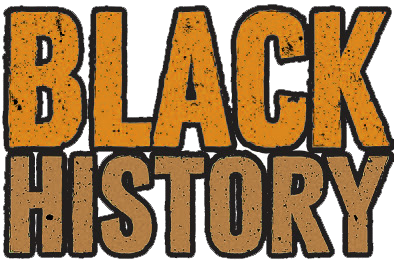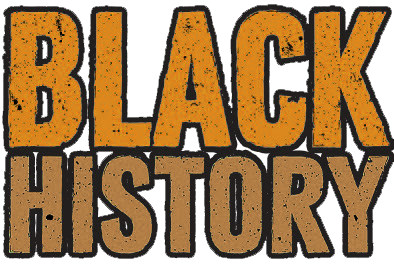The Fourth of July Used to Be a Black Holiday
In 1852, famed abolitionist and former slave Frederick Douglass told a large, mostly white crowd in Rochester, New York, "This Fourth [of] July is yours not mine." And many other African Americans of that time period felt the same way. But after the Civil War in 1865, things had changed. African Americans in the South had transformed Independence Day into a celebration of their newly won freedom.
At the time, there were about four million African Americans in the country, and winning the Civil War meant that they were now newly emancipated citizens. Therefore, they saw the 4th of July as the perfect opportunity to celebrate Black freedom.
According to the book, Denmark Vesey’s Garden: Slavery and Memory in the Cradle of the Confederacy, "the most extraordinary festivities were held in Charleston, South Carolina, the majority-Black city where Southern secession and the Civil War had begun."
Meanwhile Confederate sympathizers in the South had lost interest in the holiday because losing the war meant that they were back in the Union and slavery no longer existed. However, their lack of interest in regards to the 4th of the July holiday did not last long.
According to The Atlantic, the 4th of July "became an almost exclusively African American holiday in the states of the former Confederacy - until white Southerners, after violently reasserting their dominance of the region, snuffed these Black commemorations out."
Trending

The First Americans Were Black Indians of African Descent
November 20, 2019

The Potato Chip Was Invented by a Black Man Named George Crum
November 21, 2019

Martin Luther King, Jr. Was Arrested 29 Times For These So-Called Crimes
November 03, 2019

Meet the Black Inventor Who Created the First Digital Cell Phone
November 06, 2019

Who Was Jim Crow? Was He a Real Person?
January 26, 2020
Most Popular Posts:
You May Also Like:

The First Americans Were Black Indians of African Descent
November 20, 2019

Martin Luther King, Jr. Was Arrested 29 Times For These So-Called Crimes
November 03, 2019
Also Check Out:

The First Americans Were Black Indians of African Descent
November 20, 2019

The Potato Chip Was Invented by a Black Man Named George Crum
November 21, 2019










